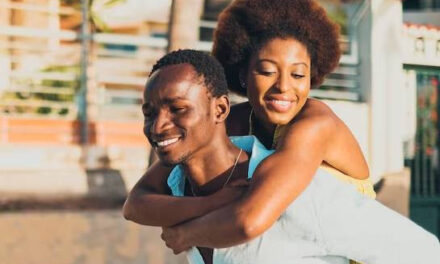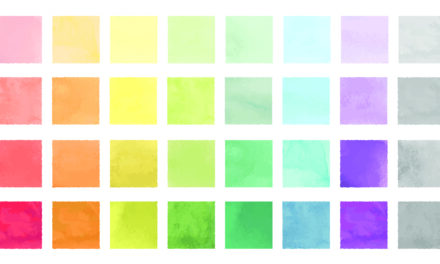
It’s interesting to look at this scene now, more than 10 years later, since there has been a celebration of this style in mainstream culture, even though Black women have championed the archetype for decades. Take the criticism that Hailey Bieber received for what she claimed were her “brownie glazed lips,” which consisted of a brown lip liner, topped with gloss — a trend that Black women and women of color have sported for ages.
Another example of this double-standard is the use of bonnets. Several businesses have gone under fire for prohibiting bonnets from being worn in their establishments. Children (and their parents) have been dress-coded or mocked for wearing bonnets to school. Truly notes that a lot of the popular “hoochie hairstyles” were intricate and delicate, which required a lot of maintenance, causing Black women to wear bonnets to preserve their hairstyles.
“Wearing a bonnet in public was less about being lazy and not wanting to do your hair, and more about protecting the hairstyle you have,” says Truly. “That has been frowned upon by so many people, and then you look around and Jack Harlow is wearing a bonnet in the airport, and it’s popular.”
These aesthetics are often shunned on Black women, but seen as trendy on their white counterparts. It can be disheartening, but also weird — these “trends” have constantly played into the vilification of Black women. “It’s so weird seeing it on random white women,” explains Barner. “This is something that I saw in the nineties, growing up in the hood. These are things that I saw all the time that was reflective of like, ‘This is not something that you want to aspire to.’”
It all circles back to respectability politics, which Barner explains were not actually intended to be a negative, when the term was created. In fact, she says that they were meant to help Black people to rise to the middle class. “The thought process behind it was that if you dress a certain way, if you talk a certain way, all these different markers, this will help you rise to the middle class. We all know that doesn’t always happen.”
The problem with that concept is that it places the blame on the individual, rather than addressing a systemic inequity. Many of us can pinpoint moments where we’ve been asked to change out our clothes at young ages, for other people’s “comfort,” or to not be sexualized. For so long Black women have been taught to exist in a way that significantly contrasts the image that characters like Lauren Tanner conjured in our head, even if that means sacrificing our freedom and individuality.
Zorine Truly explains that hoochie culture belongs to Black women, and that there is power in Black women reclaiming the “hoochie” title. “There’s freedom in being able to call yourself something that many people on the outside of the culture might have considered a negative,” Truly says. “Being able to be sexually free and liberated is so important to our culture.”




